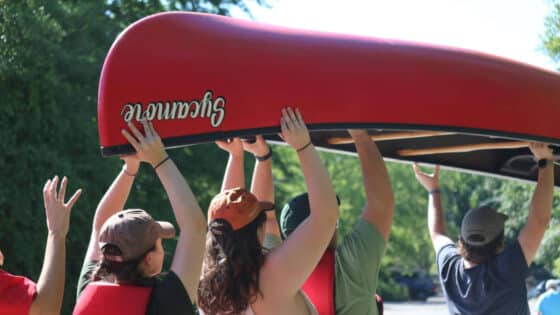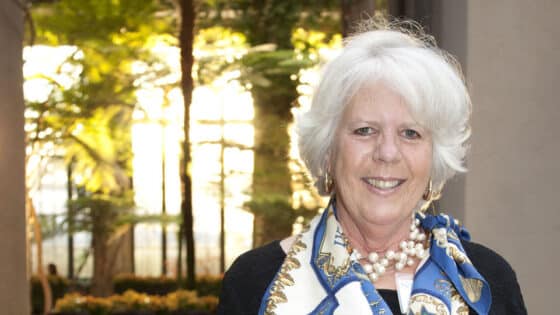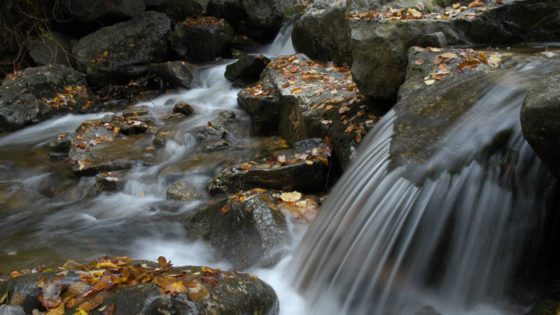Like Trees, Watershed Groups Take Time to Grow, Establish Roots, and Become Leaders Who Protect Fresh Water in Their Communities
By Mary Rooney and Paul Younger
From its inception in 2020, the Little Lehigh Watershed Stewards (LLWS) has pursued the restoration of a rapidly developing watershed about 50 miles northwest of Philadelphia.
A Shared Vision
Our membership includes people with various occupations and backgrounds, but we all have one thing in common: we care about the plants, animals, and about 200,000 people who rely on the Little Lehigh as a source of fresh water. Concern for the area’s ecosystems and a desire to leave the younger generations with healthier streams brought us together.
At the start, we knew in general what we wanted to do. However, we had, and still have, a lot to learn. Over the past four years, we have accumulated a bank of knowledge and wisdom through education and practical experimentation.
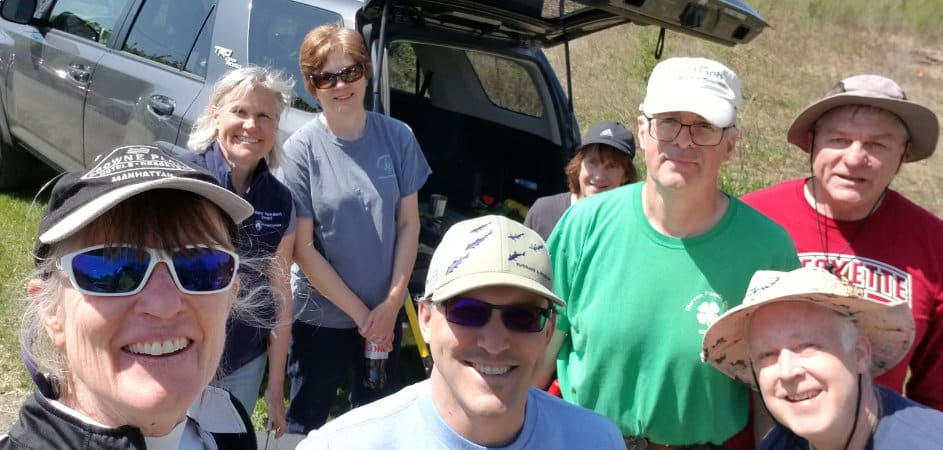
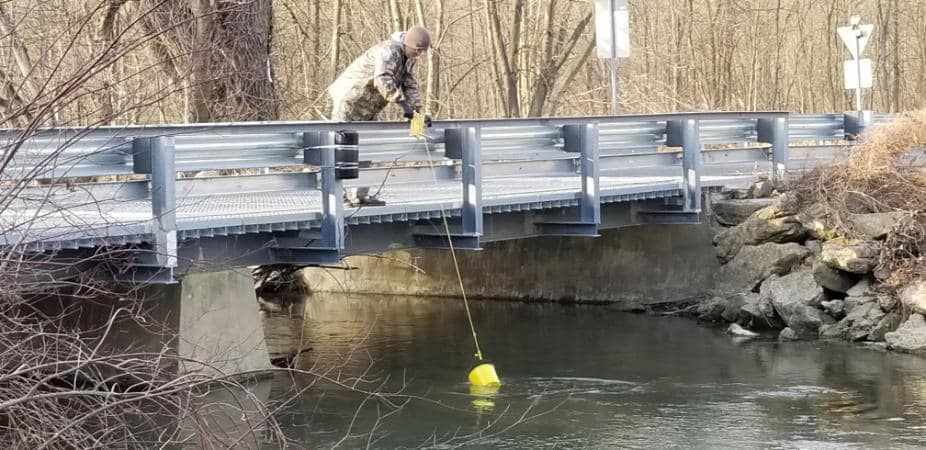
It Takes a Village
We work with our local municipalities, conservation groups including Trout Unlimited and The Wildlands Conservancy, and science organizations such as Stroud Water Research Center. These partnerships have helped us build our knowledge base, facilitate opportunities for action in our communities, and make a real difference.
Many active members of our group have gone through the Penn State Master Watershed Steward program. This program has allowed us to better articulate the importance of a healthy stream ecosystem. It also taught us practical ways to improve our streams.
The Stroud Center has shown us the importance of streamside forests and how to plant and maintain them based on years of scientific research. We have consulted with the Stroud Center’s watershed restoration staff extensively on what approaches give our newly planted shrubs and trees the best chance of survival in harsh urban and suburban environments.
As a result, we have learned about invasive species competition and the damage that trees suffer in semi-urban areas full of deer, mice, birds, and voles. We have also learned about the simple force of the water from a stream that has spilled over its banks and its impact on our plantings.
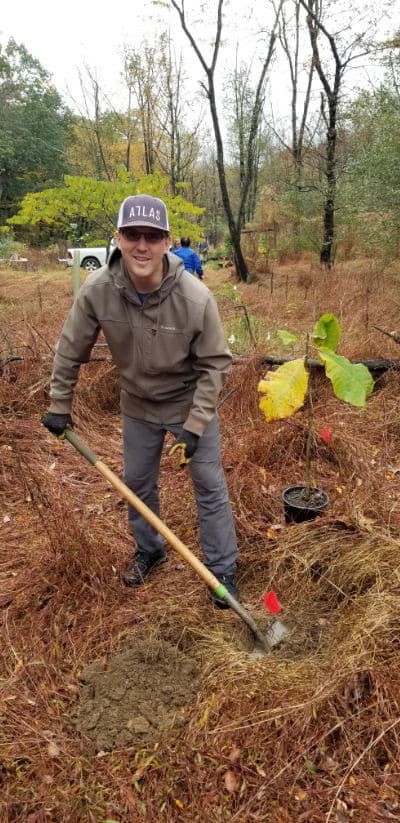
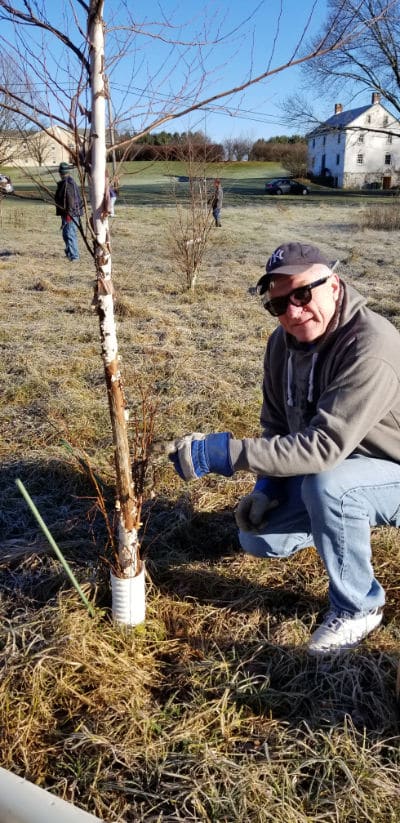
Learning (and Growing) By Doing
In addition to engaging in more formal education, our group has gained knowledge through hands-on experience during our community activities. These include tree plantings, stream cleanups, invasive plant elimination, environmental education, and stream water sampling. With our tree plantings, we have the goal of establishing permanent streamside forests that will survive and self-reproduce. Our stream cleanups help to eliminate some of the trash from the watershed, but more importantly, they provide an opportunity to involve many people from our communities and raise the visibility of the watershed and LLWS. Stream cleanups also help us recruit other like-minded people to our organization.
Invasive plants in Pennsylvania are an unfortunate fact of life. With our invasive plant removal activities, we give the native plants in our area a fighting chance in targeted locations. We also work to raise awareness among youth in our community about the importance of our watershed to their health and well-being.
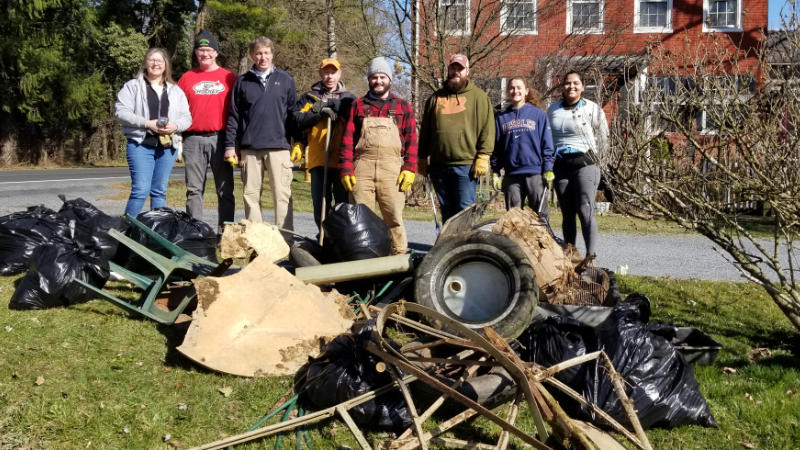
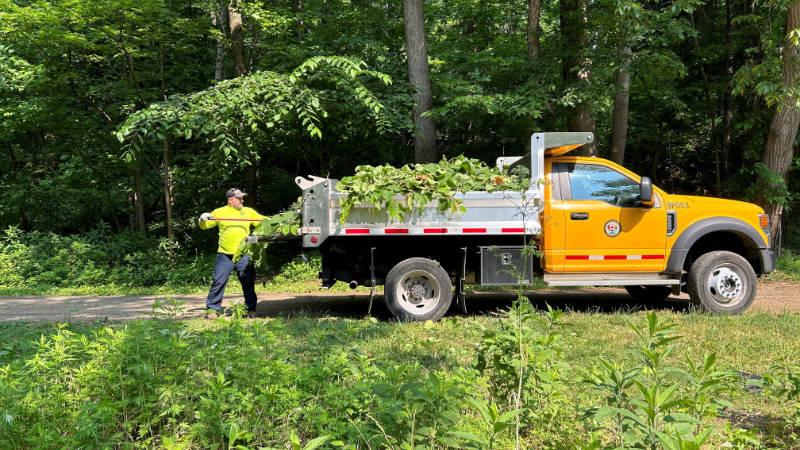
Our support for stream sampling springs from our desire to know the condition of our local waters. With some guidance from the Stroud Center’s Community Science Facilitator David Bressler, we conducted our first salt snapshot. We discovered that the application of road salt during winter has increased the amount of salt in Little Lehigh Creek and that we need to raise awareness about this issue in our communities.
It can be easy to get discouraged when trying to restore our stream ecosystems. However, it is encouraging and a real joy to work in community with great people from many walks of life. It is satisfying to see our impact slowly and steadily growing as we grow relationships in our community and learn more about what works in our effort to improve our watershed.
Mary Rooney is a Penn State Master Watershed Steward, president of the Little Lehigh Watershed Stewards, a participant in the Watershed Coalition of the Lehigh Valley, and the owner of an environmental engineering firm.
Paul Younger is a Penn State Master Watershed Steward, a participant in the Watershed Coalition of the Lehigh Valley, and a Christian focused on Earth care. He retired in 2020 from a career in electrical engineering.
Get Involved
To learn more about the Little Lehigh Watershed Stewards, visit their website and Facebook page.

